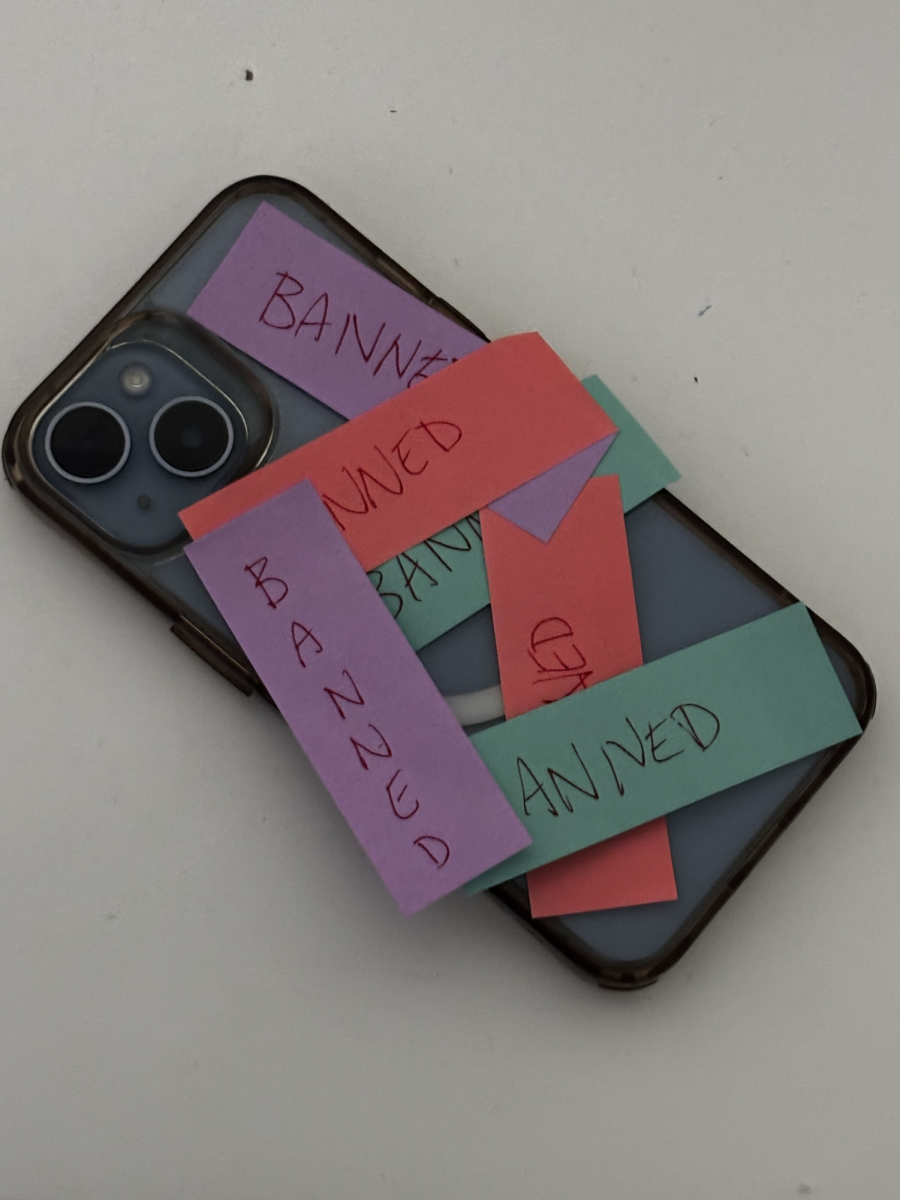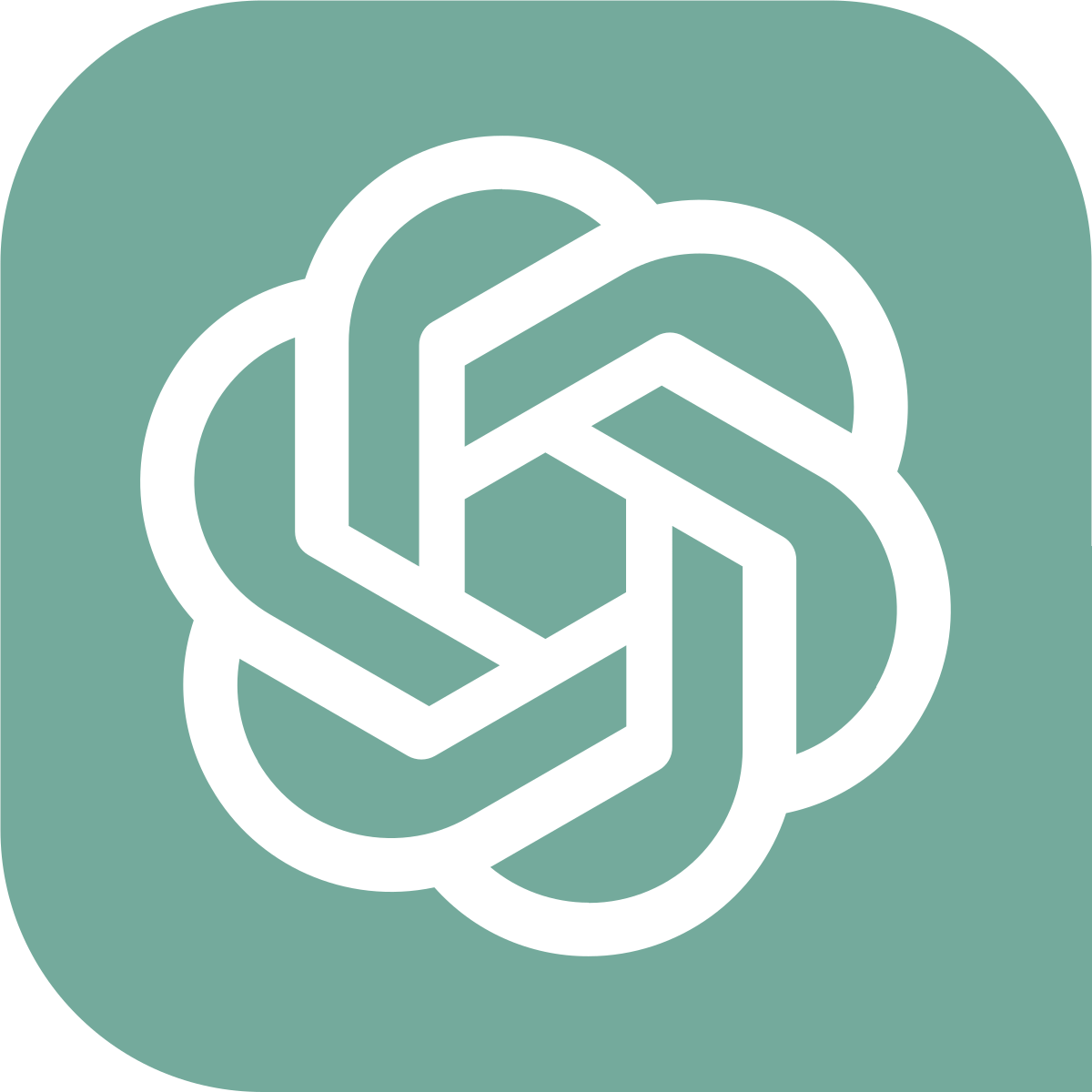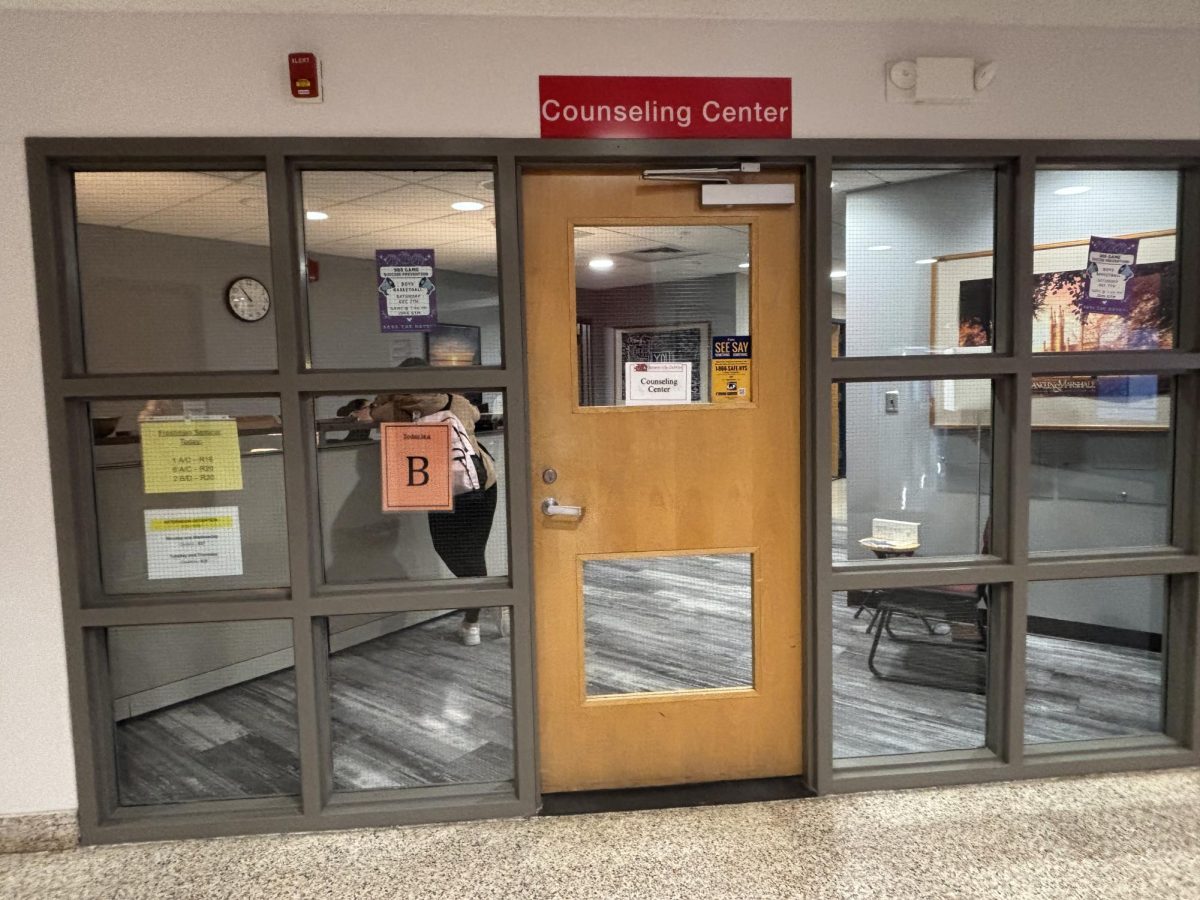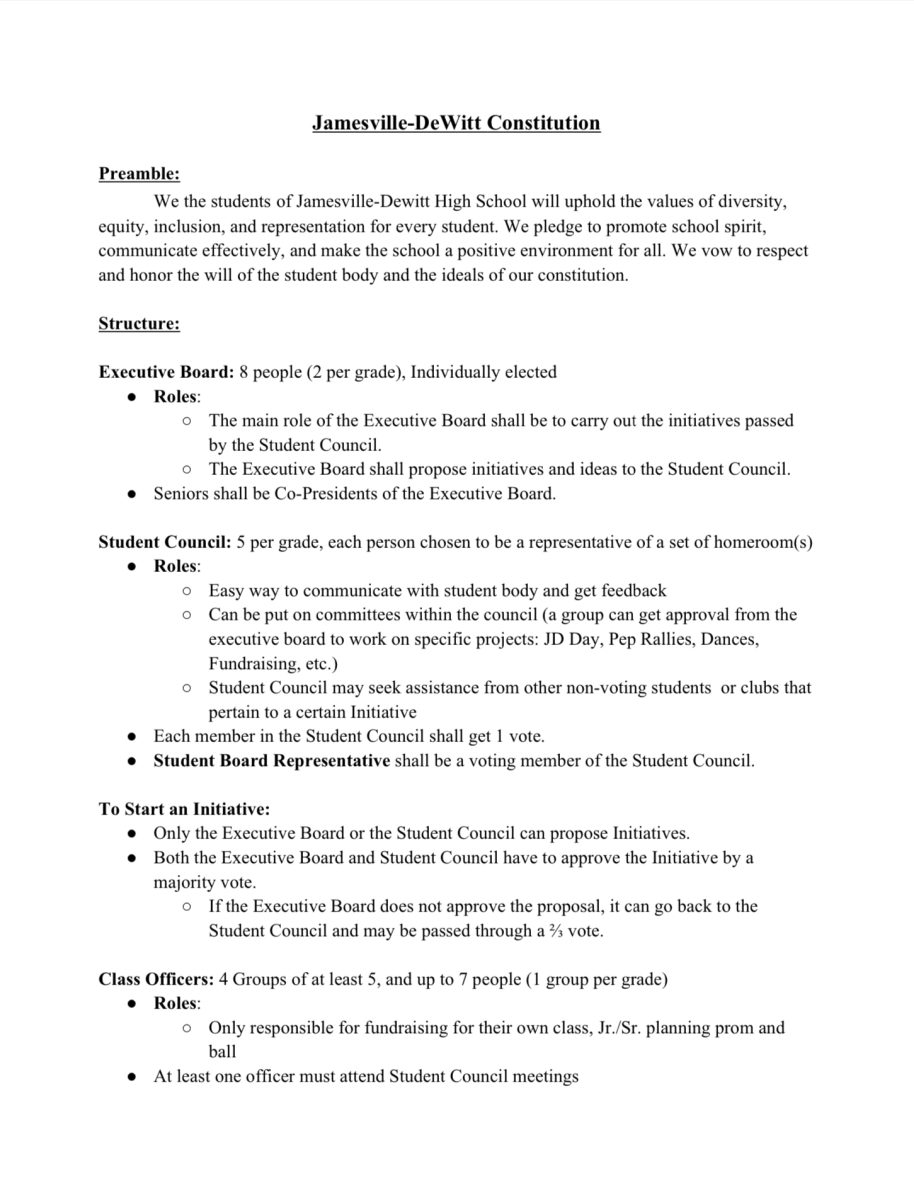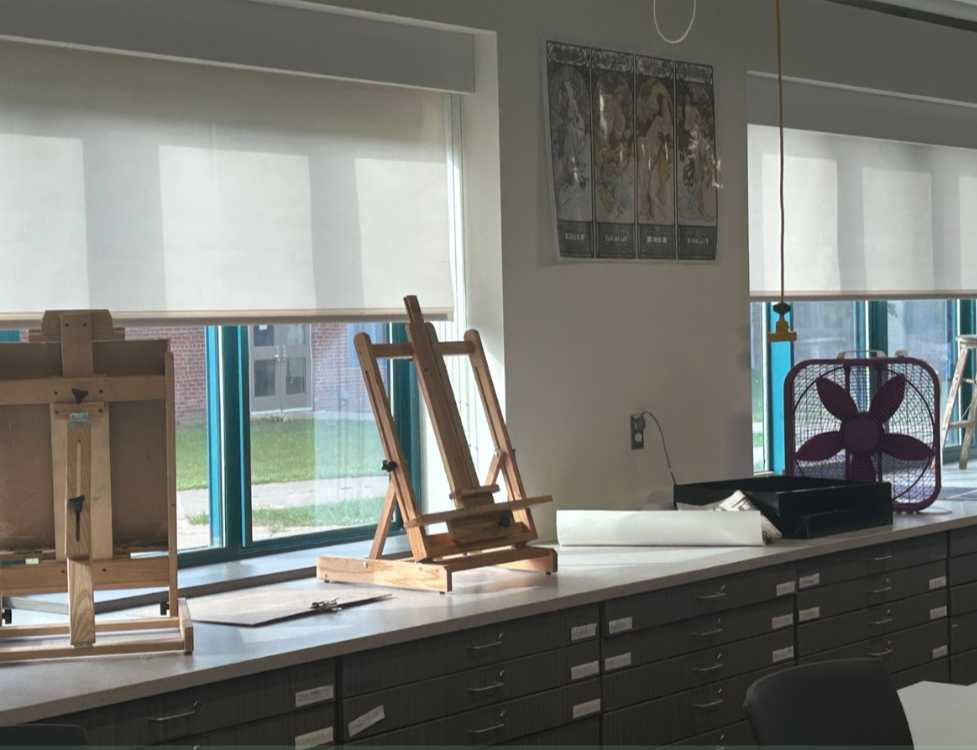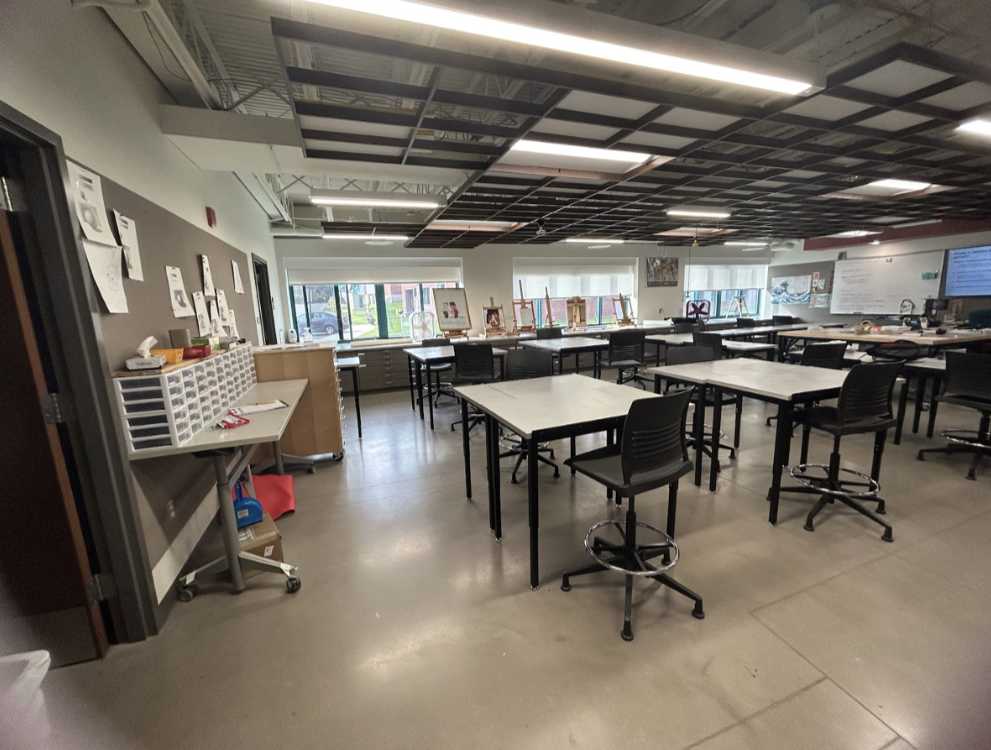By Contributing Writer Riley Kim (’24)
Artificial intelligence, or “AI,” has become a big topic when it comes to education because of a program known as ChatGPT. This program allows students to write full essays by simply giving the program a few word prompts. This has caused some educators to fear the possible implications of such a program on students and how it could affect the future of education.
ChatGPT mostly affects English classes that often involve typing up essays, as it allows students to bypass putting in any actual work. When asked about the program, teachers stated they were more worried about how it would affect critical thinking. English teacher Courtney Romeiser said, “It’s affecting our ability to sustain focus and our ability to critically think about things, make good arguments, be involved in these problem-solving situations that are critical for our future as a society.”
Similarly, English teacher Diane Rushford said, “It takes away the most vital part which is the critical thinking up front.” Both teachers agreed that one of their main gripes with ChatGPT is that it doesn’t help the student learn and is more a matter of convenience over actually learning the skill of writing.
Though ChatGPT is often viewed as a negative thing when it comes to school, Rushford thinks that it could have some positive value, such as producing articles for students at different reading levels and helping to differentiate instruction. Rushford also said that it can be used to produce essays with specific editing errors to help be used as an editing exercise for students.
Rushford stated, “I think whenever there is something that is new and unfamiliar, it creates fear, and the more you figure out how to use it, the less that fear is.” Although AI seems as though it could pose a huge risk to students, it can have some helpful benefits. However, these benefits cannot be realized in schools. These programs violate an education law that stops students from using programs that require them to sign up with personal data, which is then sold by the program.
When asked about whether or not they would start to switch to more paper-based assignments instead of online ones because of the risk that ChatGPT and other AI writing tools may pose, both teachers had an almost identical response. They expressed how they both wanted to start migrating towards more paper assignments even before considering ChatGPT. Both believed that teachers and students had begun to rely on technology too much in the classroom. In fact, Rushford said that she has observed a decrease in skill with penmanship and editing skills.
While ChatGPT and other AI writing tools are potentially harmful to students in the long run, it is possible for them to be used in a positive way in classrooms. This doesn’t mean that it should substitute for writing, but it should instead be used as a tool to help to improve student writing skills.

